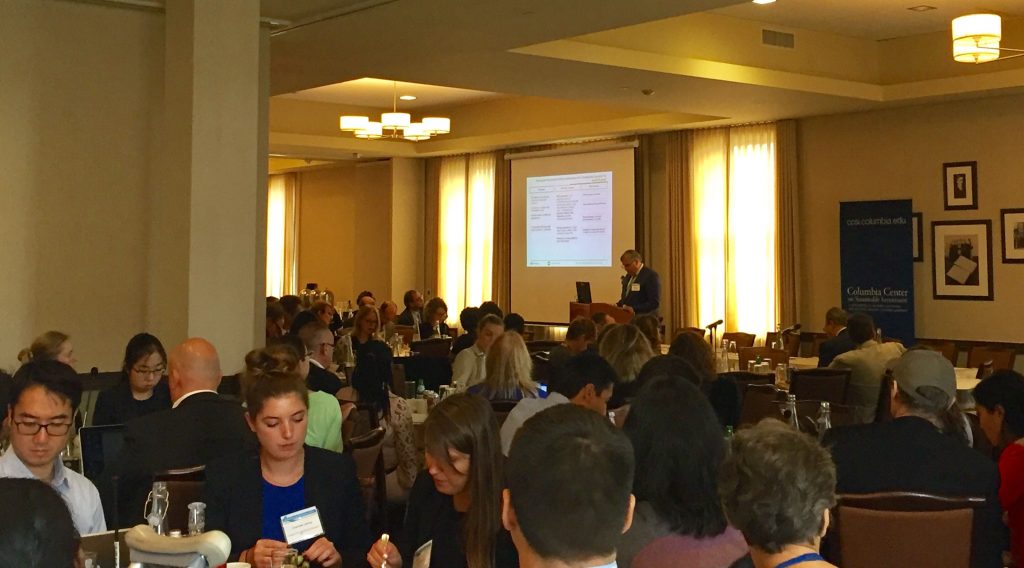“Hurricanes Harvey and Irma and Maria and the massive floods in South Asia are just the most recent demonstration of the urgency of tackling climate change,” said U.N. Secretary-General António Guterres at the Leaders’ Dialogue on Climate Change during the opening of the General Assembly this week. Climate change is already challenging legal frameworks, especially in places like Pacific Island Countries, who face a threat to their very existence.
ICAAD has been working with environmental law experts at the University of South Pacific in conjunction with faculty and students at Queensland University of Technology on a research initiative to better understand what environmental justice looks like in the Pacific Islands’ context.
From prior natural disasters in the region, we know that women suffer disproportionately and have higher rates of death resulting from natural disasters. Moreover, they are at forefront of disaster relief efforts, yet are rarely included in policy discussions and implementation plans. Furthermore, the cultural practices and identity of indigenous populations is inextricably intertwined with the land and sea. What happens if they have to relocate or their island one day becomes uninhabitable, as currently predicted? These are some of the questions we are exploring.
If we are going to effectively safeguard the most vulnerable from climate change, the legal frameworks for their protection need to be put in place today, not when the inevitable occurs. We will be publishing our research in 2018, and plan to work with local organizations in the Pacific to push for adoption of appropriate policies.

Last week, Hansdeep Singh, Co-Founder of ICAAD, attended a conference on the development of a Global Pact for the Environment at Columbia University where academics debated the urgency and necessity of a common set of environmental norms and language that speaks to a global audience.
If the Global Pact gains widespread adoption, the ability to effectively hold corporations and governments accountable for harm to both the environment and vulnerable populations might be possible.
